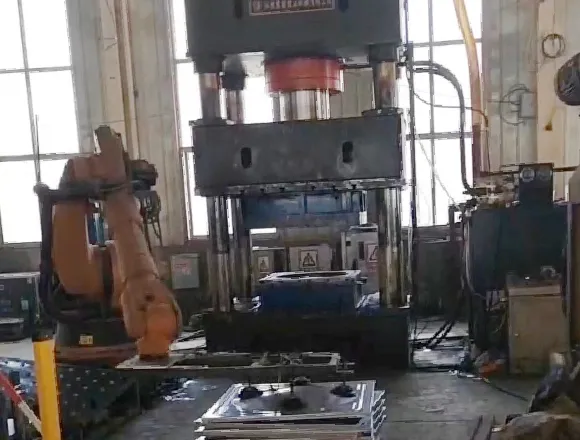loading...
- No. 9, Xingyuan South Street, Dongwaihuan Road, Zaoqiang County, Hengshui, Hebei, China
- admin@zjcomposites.com
- +86 15097380338
- Welcome to visit our website!
Home Water Purification Solutions for Improved Health and Safety in Everyday Living
Home Water Treatment Systems Ensuring Safe and Clean Drinking Water
In today's world, access to clean and safe drinking water is more crucial than ever. With increasing concerns over water quality due to pollution, aging infrastructure, and contaminants, many homeowners are turning to water treatment systems to ensure their families are drinking safe water. A home water treatment system can effectively address various water quality issues, providing peace of mind and better health for all household members.
Types of Water Treatment Systems
There are several types of water treatment systems available for home use, each designed to tackle specific concerns. Here are some of the most common types
1. Reverse Osmosis Systems Reverse osmosis (RO) systems are among the most effective water treatment solutions. They work by pushing water through a semi-permeable membrane that removes impurities, including heavy metals, bacteria, and dissolved solids. An RO system is particularly beneficial for homes where the water supply is known to be contaminated or has a high mineral content.
2. Activated Carbon Filters Activated carbon filters are another popular choice. These filters are designed to remove chlorine, sediment, volatile organic compounds (VOCs), and other pollutants that may affect water taste and odor. They are commonly used for improving the taste of water and are often found in countertop or under-sink systems.
3. Whole House Filtration Systems Unlike point-of-use systems, whole house filtration systems treat water at the entry point of the home, ensuring that all water used in the house—whether for drinking, cooking, bathing, or laundry—is filtered. These systems can include a combination of filters to remove sediment, chlorine, and other contaminants.
4. UV Purification Systems Ultraviolet (UV) purification systems use UV light to kill bacteria, viruses, and other microorganisms present in water. These systems are highly effective and a great option for homes relying on well water, which may be more susceptible to biological contaminants.
5. Water Softeners Water softeners are specialized systems designed to address hard water issues caused by high mineral content, primarily calcium and magnesium. Hard water can lead to scale buildup in pipes and appliances and affect soap efficiency. A water softener exchanges these minerals with sodium or potassium ions, effectively reducing scale and improving water quality.
water treatment systems for home

Benefits of Home Water Treatment Systems
Investing in a home water treatment system offers numerous benefits
- Improved Health Clean water is essential for good health. Treatment systems can help eliminate harmful contaminants, ensuring that the water you consume is safe and poses no health risks.
- Better Taste and Odor Many homeowners report significant improvement in the taste and odor of their water after installing a filtration system. This can encourage more water consumption, which is vital for overall health.
- Cost-Effective While the initial investment in a water treatment system can be significant, it is often more economical in the long run when compared to purchasing bottled water or dealing with the consequences of contaminated water.
- Environmental Impact By using a home water treatment system, you contribute to reducing plastic waste associated with bottled water. This eco-friendly choice promotes sustainability.
Conclusion
With a wide variety of home water treatment systems available, homeowners have the ability to take control of their water quality. Whether you're concerned about specific contaminants or simply want better-tasting water, there is an ideal solution for every situation. As more people recognize the importance of safe drinking water, investing in a home water treatment system is an essential step toward ensuring the health and well-being of your family.
-
The Rise of FRP Profiles: Strong, Lightweight, and Built to LastNewsJul.14,2025
-
SMC Panel Tanks: A Modern Water Storage Solution for All EnvironmentsNewsJul.14,2025
-
GRP Grating: A Modern Solution for Safe and Durable Access SystemsNewsJul.14,2025
-
Galvanized Steel Water Tanks: Durable, Reliable, and Ready for UseNewsJul.14,2025
-
FRP Mini Mesh Grating: The Safer, Smarter Flooring SolutionNewsJul.14,2025
-
Exploring FRP Vessels: Durable Solutions for Modern Fluid HandlingNewsJul.14,2025
-
GRP Structures: The Future of Lightweight, High-Performance EngineeringNewsJun.20,2025
